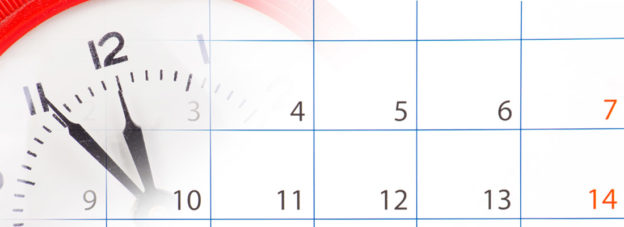In J&J Fish on Ctr. Str., Inc. v. Crum & Forster Specialty Ins. Co., No. 20-cv-644-bhl, 2022 U.S. Dist. LEXIS 16361, the United States District Court for the Eastern District of Wisconsin (District Court) recognized that “[t]here will be no further fish fries on Center Street until someone pays to repair the collapsed floor at J&J Fish on Center Street, Inc. (J&J Fish).” The contenders were: 1) J&J Fish; 2) its’ insurer, Crum & Forster Specialty Insurance Company (Insurer); and 3) J&J Fish’s landlord, Vision Land, LLC (Vision). Recognizing Insurer’s right to subrogate against Vision based on the terms of the parties’ lease, the District Court held Insurer owed J&J Fish coverage for the losses it sustained, but that Insurer could subrogate against Vision for anything it had to pay J&J Fish.




